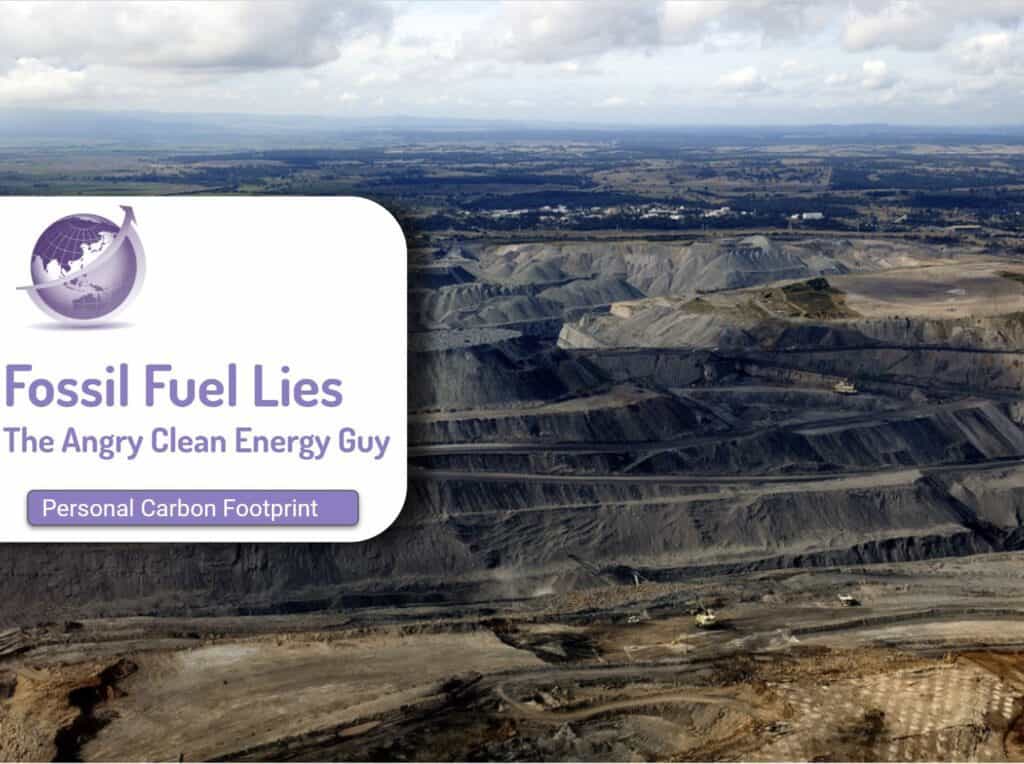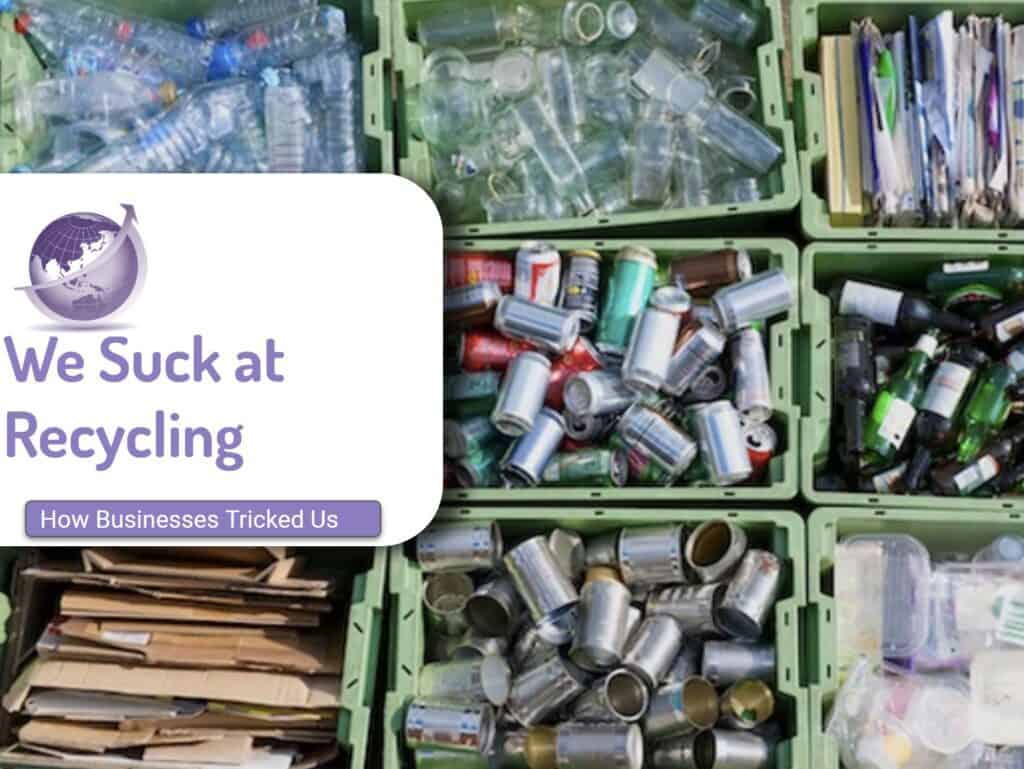Is ethanol worse than gasoline for global warming? Turns out it is worse! A recent publication showed that corn ethanol compared with petroleum products increased:
- Caused 24% more global warming
- Price of corn by 30%
- Fertilizer use by 3-8%
- Water degradation 3-5%.
So while it is clear ethanol mixtures for gasoline is bad policy, ethanol continues to be used in transportation due to the large influence of agriculture in energy policy.
In the publication Environmental Outcomes of the US Renewable Fuel Standard by Lark et al 2023 in (https://www.ncbi.nlm.nih.gov/pmc/articles/PMC8892349/)
Bioenergy is an essential component of most proposed pathways to reduce anthropogenic greenhouse gas (GHG) emissions and limit global warming to 1.5 or 2 °C by middle to late century. Liquid biofuels may contribute to bioenergy’s share of climate mitigation by displacing petroleum-based fuels with those generated from modern-day plants. Most biofuel is produced by growing corn in the USA or sugar cane in Brazil.
Study Shows Previous Estimates Understated Emissions

Worse Air Pollution
Air pollution is also worse using ethanol than gasoline, with Prof Mark Jacobson in studies as far back as 2007. See https://web.stanford.edu/group/efmh/jacobson/Articles/I/E85vWindSol
Why Ethanol?
Ethanol, a type of alcohol, substitutes for the petroleum for cars. Corn, sugarcane, wheat or other crops containing starch or sugar are fermented to produce the alcohol.
Advantages of Ethanol over gasoline.
- Lower emissions
- Higher octane rating
- Cheaper production costs.
- Reduce dependence on foreign oil,
Drawbacks include
- Lower energy density
- Lower fuel economy
- Higher toxicity
- Corrosion risk
- Pollution of waterways
- Increased agriculture land use
- Distortion of markets
Therefore, most retail products include a blend of ethanol and gasoline such as E10 (10% ethanol) up to E80 (80%)
The USA and Brazil are the major producers.

Australia Biofuel Industry
Australia is part of the “Rest of World” data. About 0.36 million tonnes of Australian wheat is used in ethanol manufacture. Ethanol producers also consumed 122 million liters of molasses in 2022. (See report Ethanol Growers) That requires diesel for agriculture, water, pesticides and 200,000 hectares of wheat production. (2.8 tonnes per ha average yield). And it just goes up in smoke, utilised at just 22% in combustion engines.
E-Fuels or Syn Fuels
E-fuels are not from biological systems but are synthetic. The processes are:
- Electricity splits water into hydrogen and oxygen
- Burning fossil fuel provides a CO2 source
- Hydrogen combined with CO2
- Needs high pressure and a catalyst.









